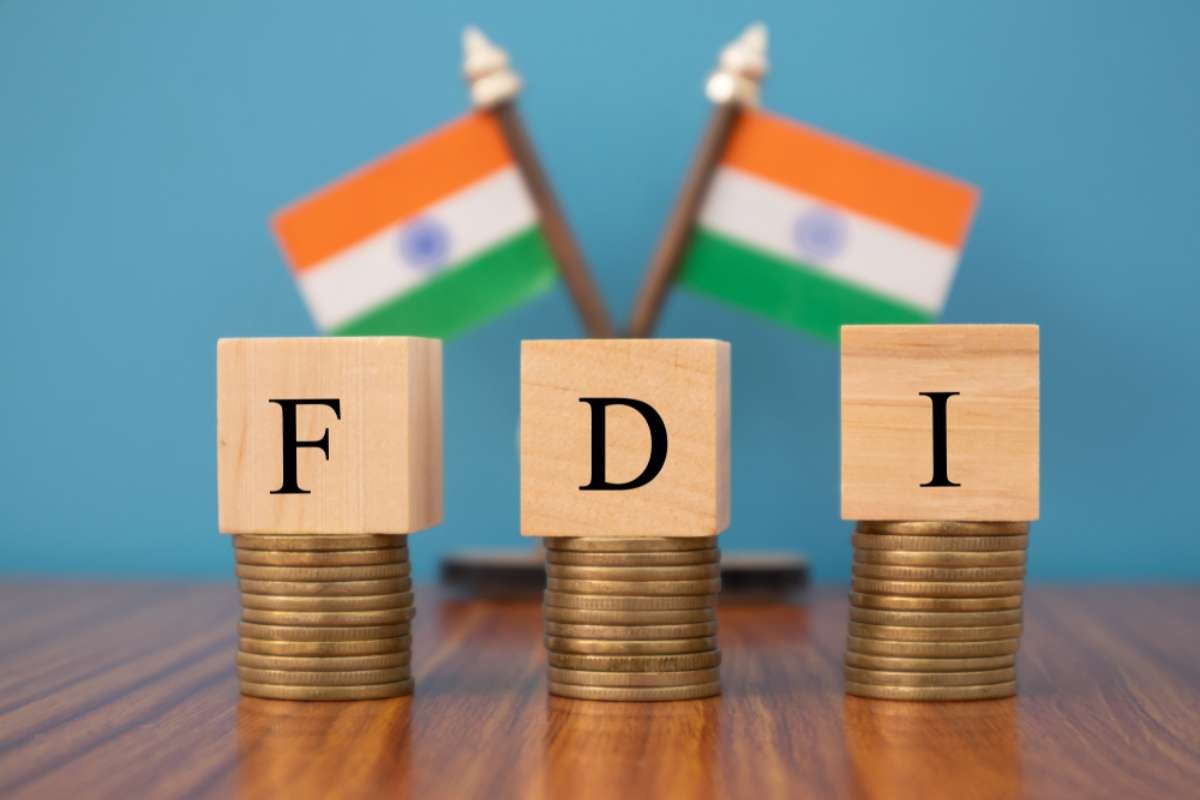In the dynamic landscape of the Indian economy, mergers and acquisitions (M&A) have become vital strategies for growth, diversification, and innovation. However, navigating this complex process requires a solid understanding of mergers and acquisitions valuation. This article will delve into the intricacies of M&A valuation, offering insights tailored to the Indian business environment.
Understanding Mergers and Acquisitions
Mergers and acquisitions refer to the processes through which companies consolidate their assets, operations, and market presence. A merger typically involves two companies agreeing to combine into a single entity, while an acquisition entails one company purchasing another. Both strategies aim to enhance market competitiveness, achieve economies of scale, and increase shareholder value.
In India, the M&A landscape has evolved significantly over the past two decades, driven by factors such as globalization, technological advancements, and regulatory reforms. Understanding the valuation aspect is crucial for companies looking to engage in M&A, as it directly impacts the decision-making process and potential success of the deal.
The Importance of Valuation in M&A
Mergers and acquisitions valuation plays a crucial role in determining the fair price for a target company. Accurate valuation helps both buyers and sellers understand the economic worth of the business, ensuring that neither party is overpaying or undervaluing the deal. Additionally, effective valuation helps in:
- Risk Assessment: Identifying potential risks associated with the target company, including financial health, market position, and operational efficiency.
- Negotiation Leverage: Providing a solid basis for negotiations, ensuring that both parties can engage in informed discussions about price and terms.
- Regulatory Compliance: Meeting legal and regulatory requirements related to valuations, particularly in cases involving public companies or significant market impact.
- Strategic Planning: Aligning the valuation with the acquiring company’s strategic objectives, ensuring the deal supports long-term growth.
Key Methods of Mergers and Acquisitions Valuation

Several valuation methods are commonly used in the context of mergers and acquisitions. Each method offers unique insights and is suited for different types of businesses. Here are the most prevalent approaches:
1. Discounted Cash Flow (DCF) Analysis
The DCF method estimates the present value of expected future cash flows generated by the target company. This approach is particularly effective for companies with stable cash flows. In India, where many businesses are transitioning to a more predictable revenue model, DCF can provide a comprehensive view of a company’s value.
Key Steps in DCF Valuation:
- Forecast Cash Flows: Estimate future cash flows for a specific period, typically five to ten years.
- Determine the Discount Rate: Calculate the appropriate discount rate, reflecting the risk of the investment.
- Calculate Terminal Value: Estimate the value of the business at the end of the projection period.
- Compute Present Value: Discount future cash flows and the terminal value to their present value.
2. Comparable Company Analysis (Comps)
The comps method involves comparing the target company to similar firms in the industry. This valuation technique is widely used in the Indian market, where companies often operate within competitive sectors. By analyzing key financial metrics such as price-to-earnings (P/E) ratios, enterprise value (EV), and EBITDA multiples, businesses can derive a fair valuation.
Key Considerations:
- Select a peer group of companies operating in the same industry and geographical region.
- Analyze historical and projected financial metrics to establish a valuation range.
- Adjust for differences in size, growth rates, and market positioning.
3. Precedent Transaction Analysis
This method evaluates past transactions involving similar companies to derive a valuation multiple. By analyzing the terms of previous M&A deals, companies can gain insights into market trends and pricing strategies.
Key Steps:
- Identify relevant transactions in the same industry.
- Analyze the deal structure, including purchase price and payment terms.
- Calculate valuation multiples based on historical transactions to estimate the value of the target company.
Challenges in Mergers and Acquisitions Valuation

While mergers and acquisitions valuation is essential, it comes with its set of challenges. In the Indian context, these challenges include:
- Lack of Reliable Data: Access to accurate and comprehensive financial data can be limited, particularly for smaller companies. This can hinder effective valuation.
- Market Volatility: The Indian market is subject to fluctuations, making it difficult to predict future cash flows and growth rates.
- Cultural Differences: M&A transactions often involve integrating different corporate cultures, which can impact the overall success of the deal.
- Regulatory Hurdles: Navigating the legal and regulatory landscape in India can be complex, requiring careful consideration of compliance issues.
Best Practices for Effective Valuation

To overcome these challenges and enhance the effectiveness of mergers and acquisitions valuation, consider the following best practices:
- Engage Professional Valuation Experts: Collaborate with financial advisors or valuation specialists who understand the Indian market and can provide objective insights.
- Conduct Thorough Due Diligence: Perform comprehensive due diligence to gather relevant data and assess the target company’s financial health.
- Use Multiple Valuation Methods: Employ a combination of valuation methods to triangulate and validate the final valuation figure.
- Stay Informed on Market Trends: Regularly monitor industry trends, economic indicators, and regulatory changes to ensure valuations remain relevant.
Conclusion
Mergers and acquisitions valuation is a critical component of the M&A process, particularly in the Indian business landscape. By understanding the various valuation methods and best practices, companies can make informed decisions that drive growth and success. As the Indian economy continues to evolve, effective M&A strategies, underpinned by accurate valuations, will be essential for businesses looking to thrive in a competitive environment.
Understanding mergers and acquisitions valuation not only helps companies navigate complex deals but also positions them for future success in an ever-changing market.
Did you find this article helpful? Visit more of our blogs! Business Viewpoint Magazine








